I am not sure anyone is particularly surprised by the idea that people with unfathomable amounts of money can give away substantial portions of this, seem generous albeit giving what is likely the equivalent of a few pennies to them, and remain generally in good cultural esteem. The “well at least they are doing something” aspect of it all—and the sheer amount of money they give, and how hard it is to conceptualize that amount of resource hoarding—can make it difficult to talk about said resource hoarding without running into an Elon or Bezos or Zuck defender, eager to uphold their Boy Kings.
For many, the vast inequities in our country have never been more visible than this year. They were always there, yes, but it’s so obvious now, so embodied, so visceral. Service workers decked out in mask and face shield while serving people at brunch, Uber drivers schlepping pandemic party-goers separated only by a flimsy plastic sheet. We’re not seeing Covid ravaging the country, but capitalism. Correspondingly it seems celebrity worship has come to a sudden halt, or more realistically, certain celebrity worship now feels gross, less like escapism and more like what it always was—clapping for an idol on a pedestal, one who may act relatable in “OMG I’M SO QUIRKY” tweets but ultimately wants to dress up their help as a plague nurse, nothing to see here.
Remember the Desperate Housewives (I think) college admissions scandal? The “oh no meritocracy is a myth” situation, the celebrities getting caught for what is a daily practice, i.e. -- If I donate a building will my egregious behavior be rendered into the veneer of generosity?
In a shock to no one, this is happening with the Covid vaccine. A recent LA Times article by Laura J. Nelson and Maya Lau chronicles this exact phenomenon, interviewing concierge medicine doctors who say they are inundated with calls from wealthy patients about skipping ahead to get the vaccine. If the hospital wing with my name lives on, will that be my legacy, rather than traveling around the world in the middle of a pandemic, waiting for people more at-risk than me to tend to my every whim?

Though California is attempting to distribute vaccines based on risk and need, they write “California’s stern messaging about serving the neediest first hasn’t stopped the rich from trying to leap ahead of teachers, farmworkers and firefighters.”
Think of how grim this is. Teachers, farmworkers and firefighters, being usurped by people who can donate a hospital wing. Teachers are grossly underpaid and have been thrust into unsafe situations this whole year. Farmworkers are also underpaid, often immigrants, continuing to risk their lives so that people can get food. Firefighters, often incarcerated, risking their lives at the forefront of climate change that is ravaging the west coast, then returning to conditions wherein they are at extremely high risk for contracting Covid—getting the vaccine after the people who sat in glass houses on the hillside, praying their houses wouldn’t burn, watching these same people protect them.
The article continues: “That’s already happening in California, doctors say, particularly in the entertainment world. Celebrities and executives aren’t badgering their doctors themselves but are instructing their assistants to find out how they can get better treatment.” Notably, the donation here is very obviously a means to get ahead in line for the vaccine. But this is endemic: this do-gooding to skip ahead, whether that be in material needs or simply cultural acceptance.
In his book Winners Take All, Anand Giridharadas writes about the murky world of “socially aware” billionaires, the obscured language used to make these endeavors seem altruistic. “The elites behind efforts like these often speak in a language of “changing the world” and “making the world a better place” more typically associated with barricades than ski resorts. Yet we are left with the inescapable fact that in the very era in which these elites have done so much to help, they have continued to hoard the overwhelming share of progress, the average American’s life has scarcely improved, and virtually all of the nation’s institutions, with the exception of the military, have lost the public’s trust,” an excerpt reads.
“By refusing to risk its way of life, by rejecting the idea that the powerful might have to sacrifice for the common good, it clings to a set of social arrangements that allow it to monopolize progress and then give symbolic scraps to the forsaken—many of whom wouldn’t need the scraps if the society were working right,” he continues.
Clapping for scraps—sounds about right.


In a recent MEL magazine piece to which I audibly said “duh” to the headline, sorry-- “billionaire philanthropy can’t save us” -- Zuck and other billionaire occasional do-gooders are explored.
“At first glance, billionaire philanthropy can seem like the best possible outcome in a capitalistic system that thrives off inequality: A direct redistribution of resources not toward government bureaucracy, but to NGOs and nonprofits in a million different niches. What we’ve learned after a century of giving, however, is that charitable giving from the ultrarich is more mirage than real relief — an illusion that teaches us to cheer on the people who robbed us not so long ago.”
I struggle to see how even at a glance this could seem like the best outcome, rather than a resounding affirmation of inequality and a “please clap” attitude towards your supposed savior. Not to mention if we get into it, NGOs and nonprofits often do, well, kind of the same thing, which isn’t to say they aren’t often necessary (or exemplary) as a means to an end within this system, but that they similarly can get away with shittier behavior (especially towards their own staff) on the very grounds that people assume they are doing good. It’s similarly why people were, um, shocked when supposedly “socially conscious” brands like Everlane ended up being, alas, exploitative brands. The creep of socially conscious language into advertising, into daily discourse, into entertainment—it’s extremely sinister, even as for many it feels a clear testament to changing times. Yikes!
I saw the above while I was writing this and it broke my brain. It’s a gradient graphic from Teen Vogue that reads “Teen Vogue and Omidyar Network invite you to share your ideas on how to reimagine capitalism,” a sponsored post, and at the bottom it says “enter now for a chance to win $5000.”
I know I know we’re all trapped in the system. But holy shit, it’s grim and also I think maybe art.
“For five full decades, the nation has undergone a systematic, large-scale upward redistribution of wealth. Meanwhile, for reasons ranging from public relations to personal gratification and absolution, the rich are occasionally obliged to engage in a little charity, which is acceptable to them so long as it is in the amount and to the beneficiary of their choosing,” Meagan Day writes. “Disquieting in ordinary times, the spectacle of Twitter philanthropy is bone-chilling during the COVID-19 crisis, when an uneven and insufficient government economic response has left tens of millions of people high and dry.”
In the piece, Day explores how grim the Twitter philanthropist enterprise is, but explores how so often people vying for their attention end up helping each other. Speaking of someone she interviewed, Day writes “In her view, people shouldn’t have to appeal to the generosity of social media philanthropists — or, more reliably, ordinary people who happen across their digital message in a bottle.”
It reminds me of this New Yorker article from last year, “the hidden cost of gofundme healthcare” by Nathan Heller. “Like the vase between the faces in the famous optical illusion, GoFundMe has become a negative-space portrait of our country’s teetering medical finances, a repository for the costs that patients and underwriters cannot or will not cover on their own,” he writes. Talia Levin wrote about this too, looking at how for every viral success story of someone depending on the generosity of strangers to cover the gaps in what the state should provide, there are untold amounts of people who are not seen, who do not go viral, who are not shared.
This is all to say: none of this should be happening like this. Money should not be a way to skip ahead, to get the vaccine first. But more so: no one should have to make a GoFundMe to have access to healthcare. No one should have to craft a story about their own pain, their own trauma, and hope the right people share it. No one should have to be likeable enough to get people to donate. What we need, what we should fight for, is abundance. Everyone can have enough, everyone should have enough.
If this doesn’t make you extremely angry, please give your noggin a good knock, for me. And then connect with people working on the big questions near you (IMO): taxing the rich, a green new deal, defunding the police. For a start. If you have a bunch of money, check out places like Resource Generation to help you reallocate — guilt does nothing, but redistribution does! Happy solstice!
Round the web reads:



Also: the Smile for Me pins are back, you can check them out here. Hold please for some photos of my dog:

Subscribers, you’re getting a Xmas treat of a lot of content this week, thank you for your patience as I shift to making more content in this form / figure out my next steps. Hope you’re ready for my absolutely unmoored thoughts on Obama and the Bachelorette as prime spot for analyzing how dudes think about disability!! If you haven’t subscribed yet, click the button below, a reminder that if you need a sliding scale or can’t pay at the moment to send me an email so I can give you a year free. Shit sucks, I know!
Also, I know it’s an extremely lonely and hard time of year. If you’re feeling that, I hope you remember you are so, so not alone. And if it counts for anything, know that at least one person—me! Shelby, creator of awardsforgoodboys and legendary internet menace—really, really wants you here. You are smart, you are brave, you are reading this at a precarious time in the midst of a horrible year. I know everything feels terrible. And it is, no sugarcoating. But we can make the world a better place to live in, and we need you to help. Okay?
So much love,
Shelby + Clem



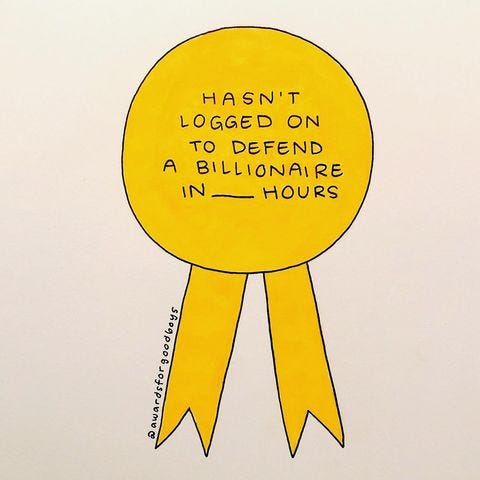
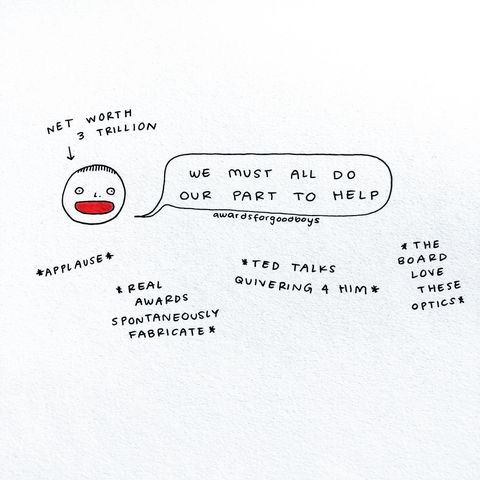
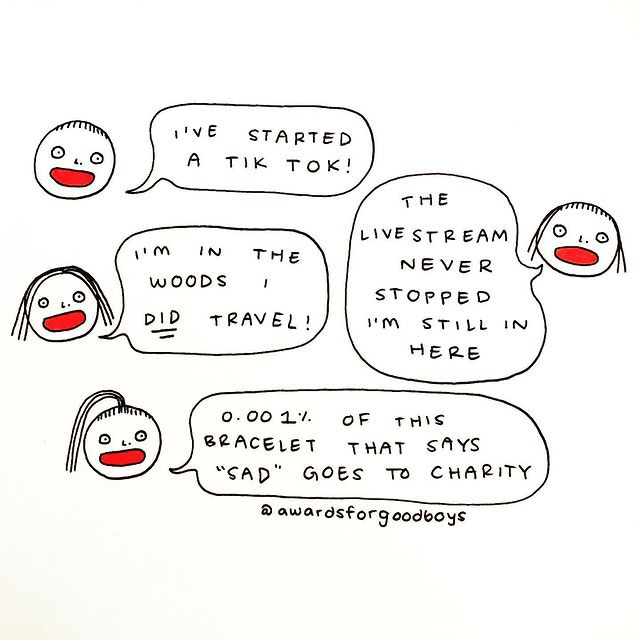
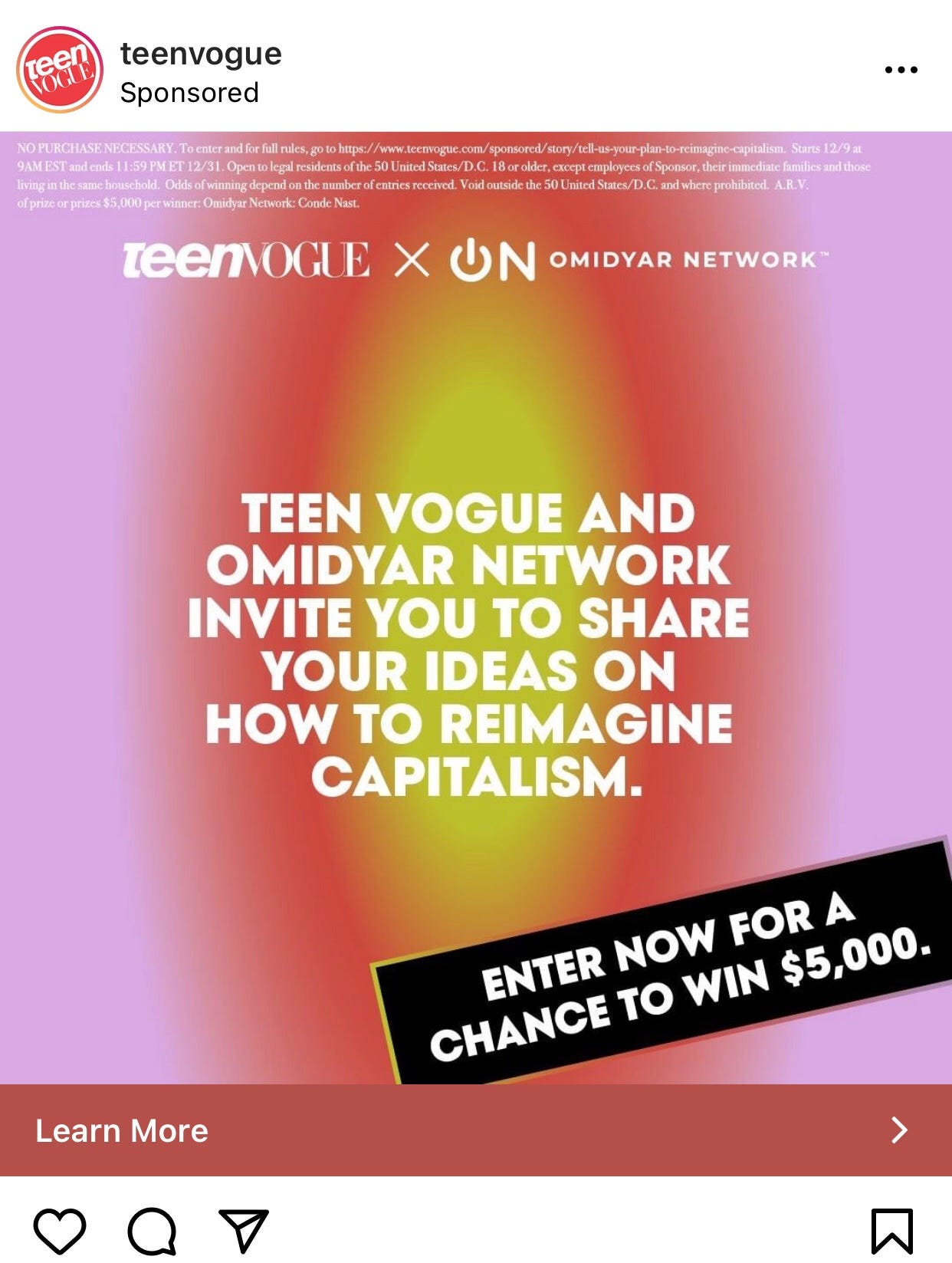
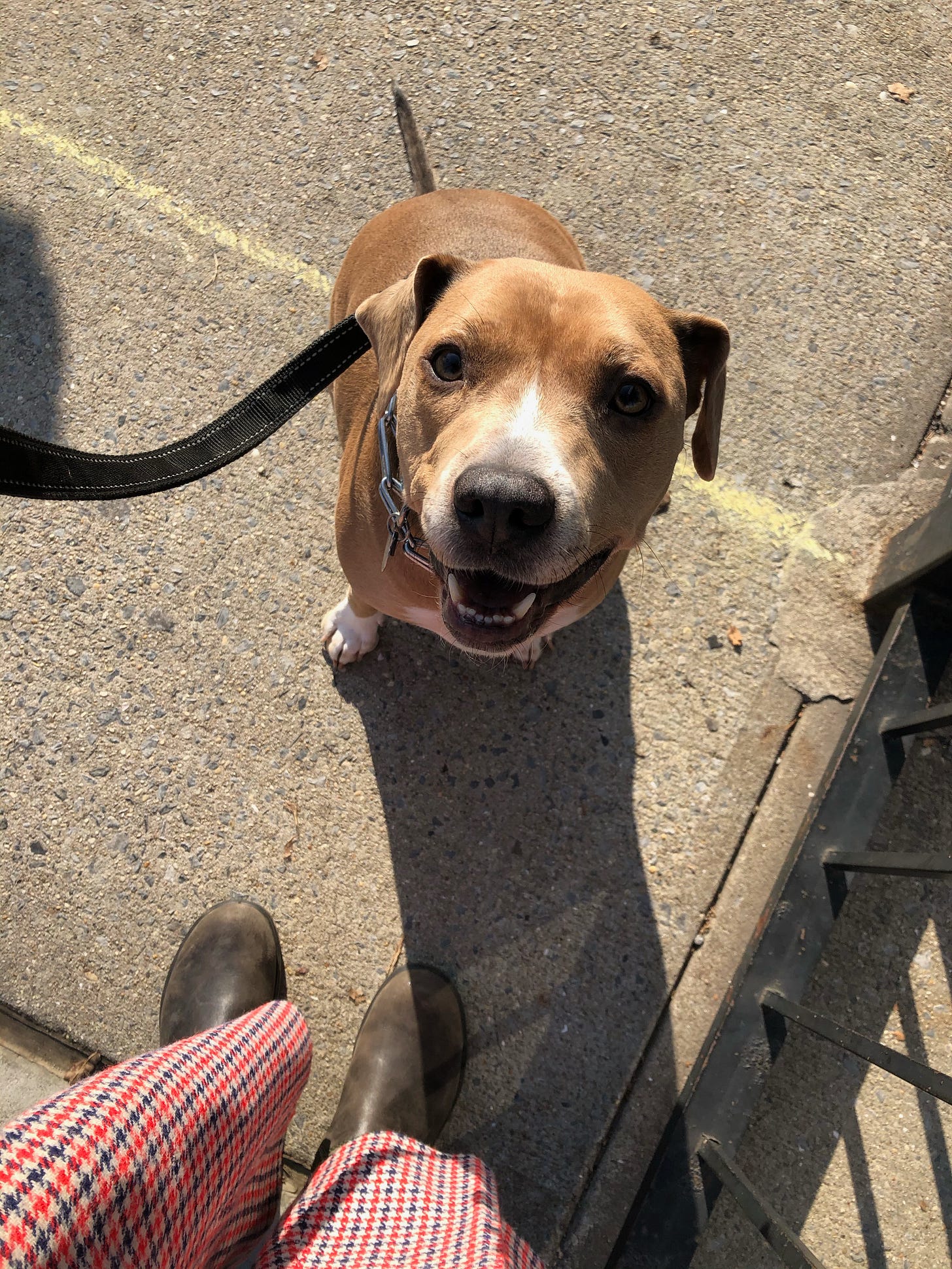
learned about Resource Generation earlier this week! glad to see the shoutout here esp. given the context.